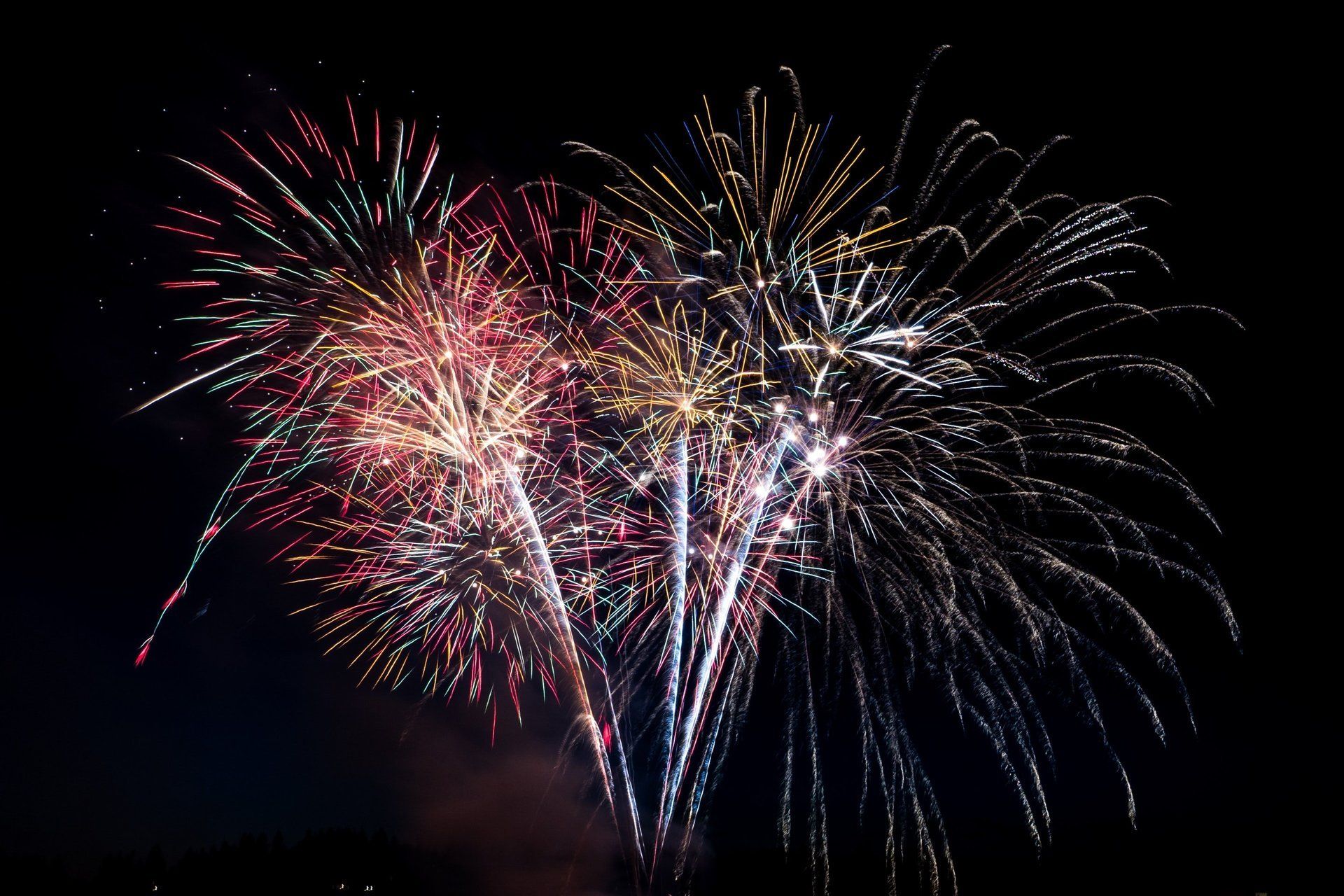Lawyers and the Declaration of Independence
“We hold these truths to be self-evident, that all men are created equal, that they are endowed by their Creator with certain unalienable Rights, that among these are Life, Liberty and the pursuit of Happiness.”
As the nation pauses from its busy routine to celebrate the signing of a piece of paper- the contents of which contain the collective ideals of dozens of men on freedom, morals and the foundation of a new nation- it’s far too easy to forget the men that played a monumental role in moving America towards its ultimate identification of “the land of the free and the home of the brave.”
Everyone remembers those men present that took on iconic status in the history of our nation- from John Hancock and his infamously flamboyant signature to famous figures Thomas Jefferson, Ben Franklin and John Adams. But, few remember the likes of the aristocrat Charles Carroll of Carleton or the aptly-named Button Gwinnett. The 56 men who signed the Declaration of Independence came from all sorts of backgrounds and professions. They were doctors, merchants, and one was even a minister. But, no profession was more common amongst the signers of the Declaration of Independence than lawyer. Of the 56 men who signed the document, 25 were attorneys. While lawyers can stereotypically get a bad rap, it’s safe to say that this country would not be what it is today without them- especially these 25 men.
John Adams . Massachusetts, Harvard, Admitted to practice (MA) in 1761.
Samuel Chase . Maryland, classically educated in Baltimore. US Supreme Court Justice, 1796-1811.
Abraham Clark . New Jersey, self-taught. Worked as a land attorney (and was said to be quite popular because of his penchant for representing poor farmers in title disputes).
William Ellery . Rhode Island, Harvard, Admitted to practice in 1770. Rhode Island Supreme Court justice, 1778.
Thomas Heyward, Jr . South Carolina, classically educated in England. South Carolina Judge 1783-1798
William Hooper . North Carolina, Harvard, Admitted to practice in 1760. Served one year as a Federal Judge (1789).
Francis Hopkinson . New Jersey, College of Philadelphia. Admiralty judge, 1780. Appointed Judge to the US District Court for the District of Pennsylvania, 1790.
Samuel Huntington . Connecticut, self-taught. Admitted to practice (CT) 1754, superior court judge, 1773, Chief judge of the Superior Court of Connecticut, 1784-1786.
Thomas Jefferson . Virginia, William and Mary. Admitted to practice (VA) 1767.
Thomas Lynch, Jr . South Carolina, Cambridge.
Thomas McKean . Delaware. Admitted to practice (DE) 1754, Chief Justice of Pennsylvania, 1777-1797.
William Paca . Maryland, Chief Justice of Maryland, 1778, Federal District Judge, Maryland, 1789-1799.
Robert Treat Paine . Massachusetts, Harvard. Admitted to practice (MA) 1757. Massachusetts Attorney General, 1777-1796. Judge, Supreme Court of Massachusetts, 1796-1804.
John Penn . North Carolina, Admitted to practice (VA) 1762, (NC) 1774.
George Read . Delaware, Philadelphia College. Admitted to practice (PA) 1753, Delaware Attorney General, 1761, Court of Appeals, 1780, Chief Justice of the State of Delaware, 1793-1798.
George Ross . Pennsylvania. Admitted to practice (PA) 1750, Admiralty Judge (PA) 1779.
Edward Rutledge . South Carolina, Oxford.
Roger Sherman . Connecticut, admitted to practice (CT) 1754. Connecticut Superior Court Judge, 1766-1789.
James Smith . Pennsylvania, Pennsylvania High Court of Appeals.
Richard Stockton . New Jersey, College of New Jersey. New Jersey Supreme Court Justice, 1774.
Thomas Stone . Maryland, admitted to practice (MD) 1964.
George Walton . Georgia, self-taught. Admitted to practice (GA) 1774. Chief Justice of Georgia, 1983-1789. Superior Court Judge, 1789-1798.
James Wilson . Pennsylvania. Admitted to practice (PA) 1767. Associate Justice to the US Supreme Court, 1989-1798.
Oliver Wolcott . Connecticut, Yale.
George Wythe . Virginia, admitted to practice (VA) 1746. Attorney General of Virginia, 1753. Professor of Law (William and Mary) 1769=1789. Judge of the Chancery Court of Virginia, 1789-1806.









